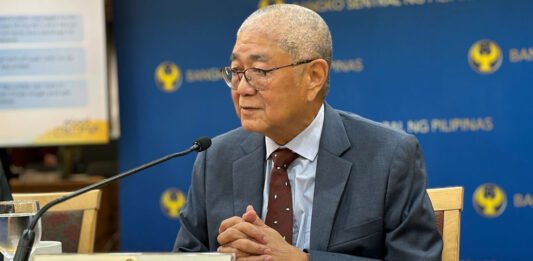The Philippines has been advised to closely monitor risks associated with cryptocurrency and online gambling to ensure financial vulnerabilities are effectively controlled, according to Moody’s.
Improved Financial Reputation
Xiao Chen, associate director at Moody’s, stated that the European Commission’s (EC) recent decision to delist the Philippines from its “high-risk” money laundering list signals the country’s compliance with global regulatory standards. This move is expected to:
- Enhance the Philippines’ financial reputation
- Facilitate easier access to the EU financial system
- Strengthen cross-border trade and investment
However, Chen emphasized the importance of continued vigilance to prevent risks in sectors such as online gaming and cryptocurrency.
The Delisting Process
The EC made its decision based on thorough assessments, including:
- Findings from the Financial Action Task Force (FATF), an international watchdog that removed the Philippines from its “gray list” in February
- Information collected through bilateral dialogues and on-site evaluations
Despite this progress, the EU Parliament still needs to confirm the decision before it becomes official.
Emerging Threats in Digital Transactions
According to Bangko Sentral ng Pilipinas (BSP) Governor Eli Remolona Jr., who also chairs the Anti-Money Laundering Council (AMLC), authorities are working to identify new financial risks. The biggest emerging threat to the country’s financial security may come from digital technology, as bad actors exploit evolving systems.
The AMLC is currently conducting a risk assessment, particularly focusing on various forms of online gambling, to safeguard the financial system.
Philippines’ History with Money Laundering Lists
- 2002: The Philippines was blacklisted by the FATF due to deficiencies in the Philippine Bank Secrecy Law.
- 2005: The country improved its anti-money laundering measures and was removed from the blacklist.
- 2021: The FATF flagged 18 deficiencies in anti-money laundering and terrorism financing regulations, pushing the country back onto the gray list.
- 2025: Recent regulatory improvements led to the country’s removal from the high-risk list, improving financial stability.
The Importance of Financial Security
Remaining off international watch lists is crucial to maintaining stable cross-border transactions, avoiding remittance delays, and preventing increased financial costs—all of which affect businesses and Filipinos relying on overseas funds.


























